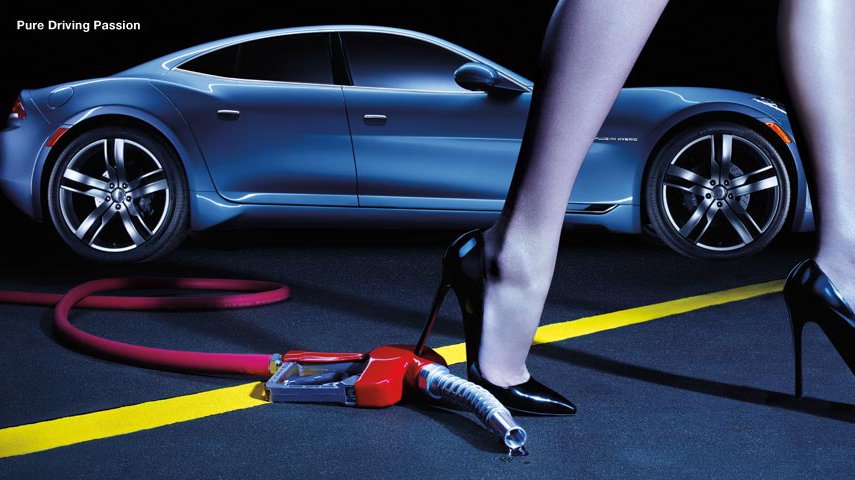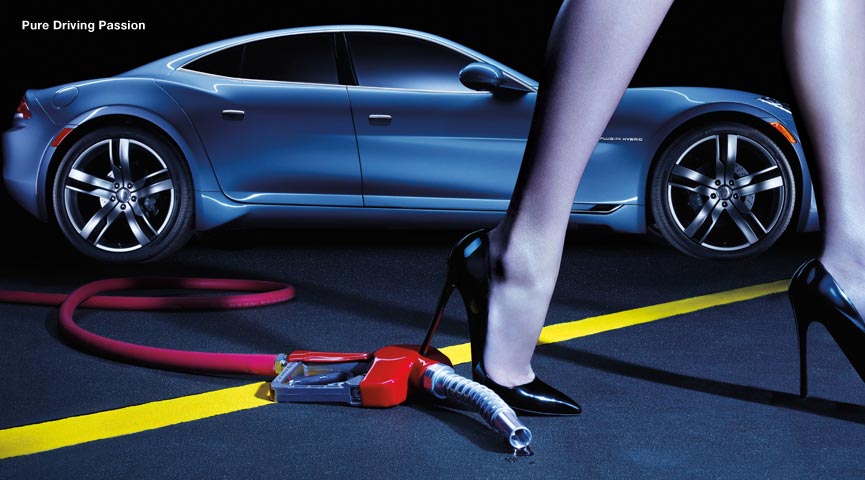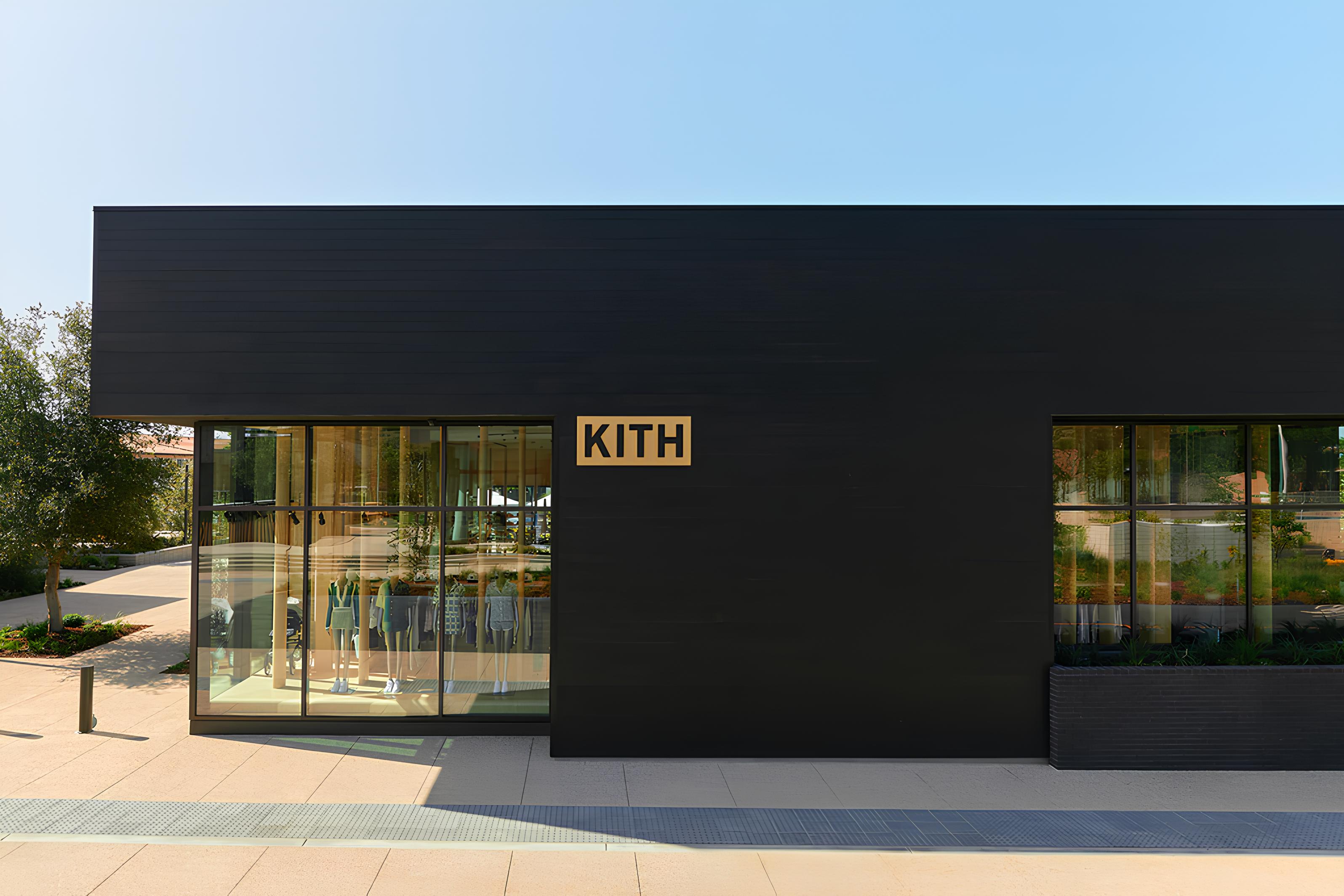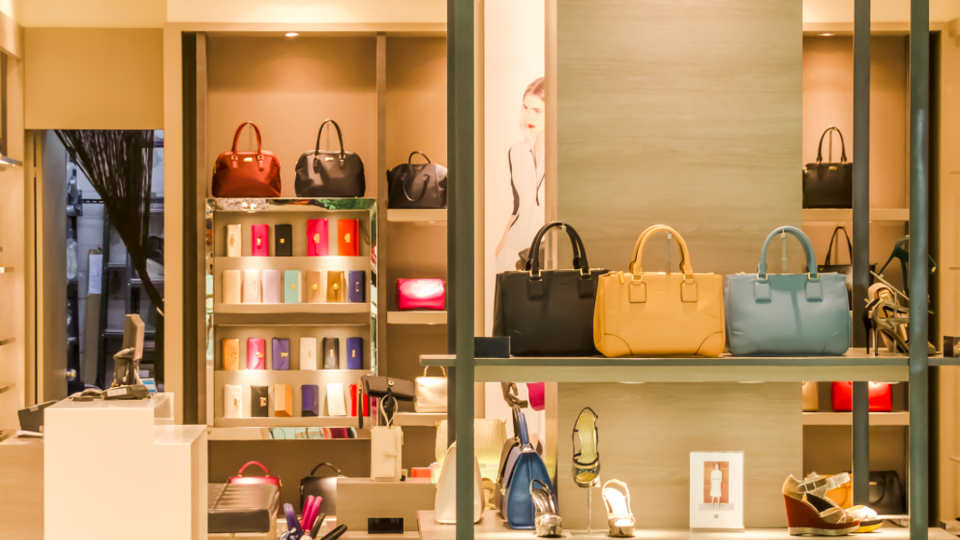JustLuxe talks with Fisker automotive co-founder Henrik Fisker, about the Karma hybrid electric vehicle and why sustainability does not necessarily mean sacrifice

JustLuxe talks with Fisker automotive co-founder Henrik Fisker, about the Karma hybrid electric vehicle and why sustainability does not necessarily mean sacrifice
Luxury and sustainability are not immediately obvious bedfellows. The glamour associated the finest fur coats, the fastest cars and the most elaborate private jets, is a far cry from images associated with ethical sourcing, sustainable farming and biofuel. Despite the disparity, some luxury brands that have put sustainability at the heart of their strategy and are leveraging the dichotomy to great success.
Stella McCartney is an early example. Her eponymous line produces a range of high fashion, no nonsense, covetable luxury clothes – that just happen to follow her social beliefs and vegan convictions. A similar thought process has launched American automaker, Fisker, into similar success, with orders for their ‘Karma’ luxury hybrid already received from Leonardo DiCaprio, Al Gore, and Colin Powell, and production sold out until 2012.
The brand describes itself as a ‘premium plug-in hybrid electric vehicle manufacturer, with a mission to redefine the luxury automobile, with an unwavering dedication to sustainability.’ Born out of desire, by co-founder Henrik Fisker, to make an environmentally friendly car, without “the sacrifices that they are always associated with.”
“ What if you could make an environmentally friendly car, where you don’t have the sacrifices that they are always associated with? ”
In 2011 15,000 units of the new Fisker Karma will hit the road. Developed by an innovative team of engineers and a technology pioneered by the US military, the Karma was launched in 2008 as the world’s first luxury plug-in electric hybrid vehicle.
Of the eco-designed automobiles currently on the market, Fisker remarks “they don’t look good, they’re boring to drive. They’re slow.” The $100,000 Karma, however, has a top speed of 201kmph, produces more torque than the Bugatti Veyron and is capable of reaching 100kmph in 5.8 seconds.
JustLuxe recently visited Fisker Automotive headquarters, located in Anaheim, California, to discover the Fisker story with co-founder Henrik Fisker.

An image from the Fisker Karma ‘Pure Driving Passion’ campaign










